Cinema is supposed to be about more than just the movie. It’s supposed to be about the collective gasp in the dark, the way a story pulls you out of yourself and then drops you right back into your own life with sharper questions. Recently, I went to a tiny cinema
tucked into Parkhurst and I was reminded of exactly that.
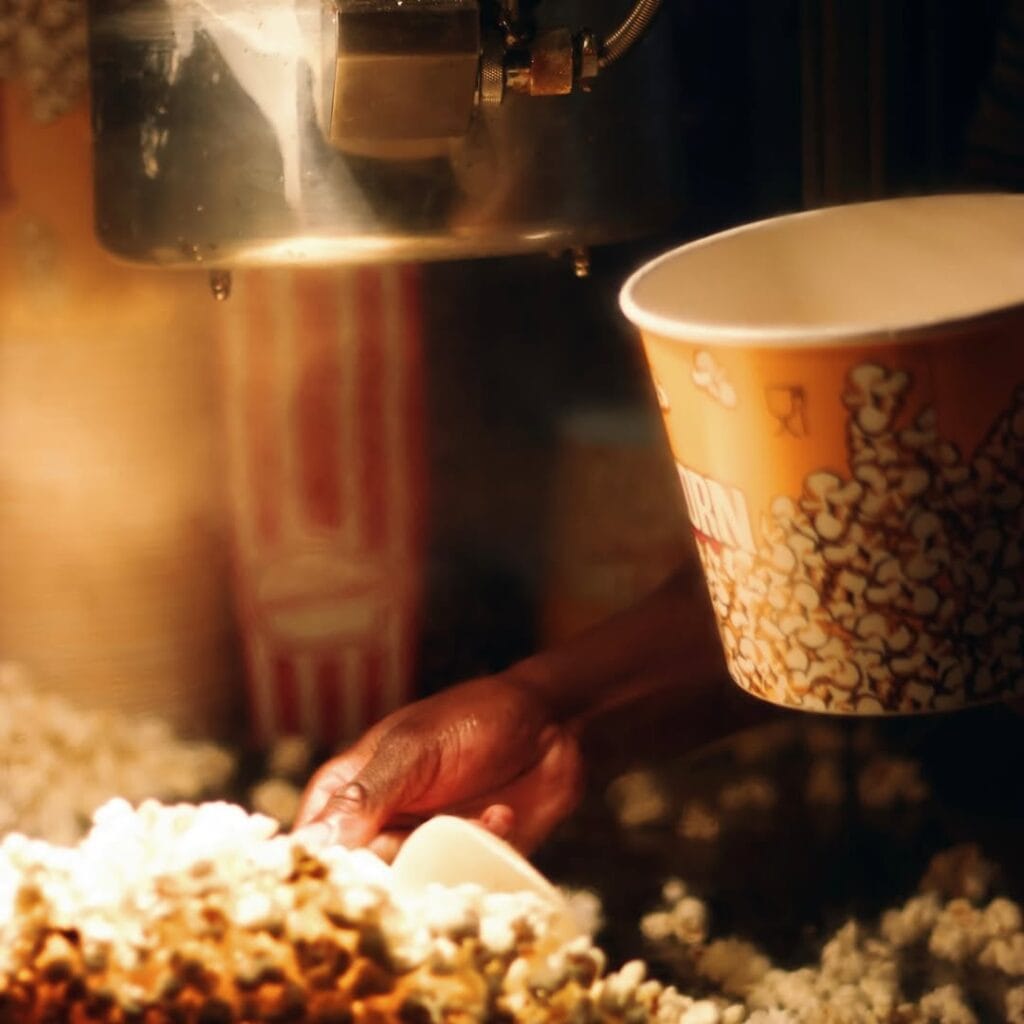
The occasion was Trouble Film Club, hosted by Athi Dantile every first Wednesday and Thursday of the month. If you haven’t heard of it yet, you soon will. The film club isn’t advertised on billboards or pushed through algorithmic feeds and stumbled upon through their razor-sharp Instagram page, where cinematic stills and clever captions quietly lure you in. It’s a cultural get-together in a city that thrives on them.
I went on a Thursday. (I also arrived late which, in my defense, gave me the joy of walking into a room already humming with anticipation). By the time I slipped into my seat, the film was starting: Crash (2004). Yes, that Crash, the Oscar-winning, multi-narrative film about race, class, and human connection in Los Angeles. Somehow, I’d never seen it. Watching it in that intimate, packed-in cinema, I was transfixed. But the real magic happened when the credits rolled.
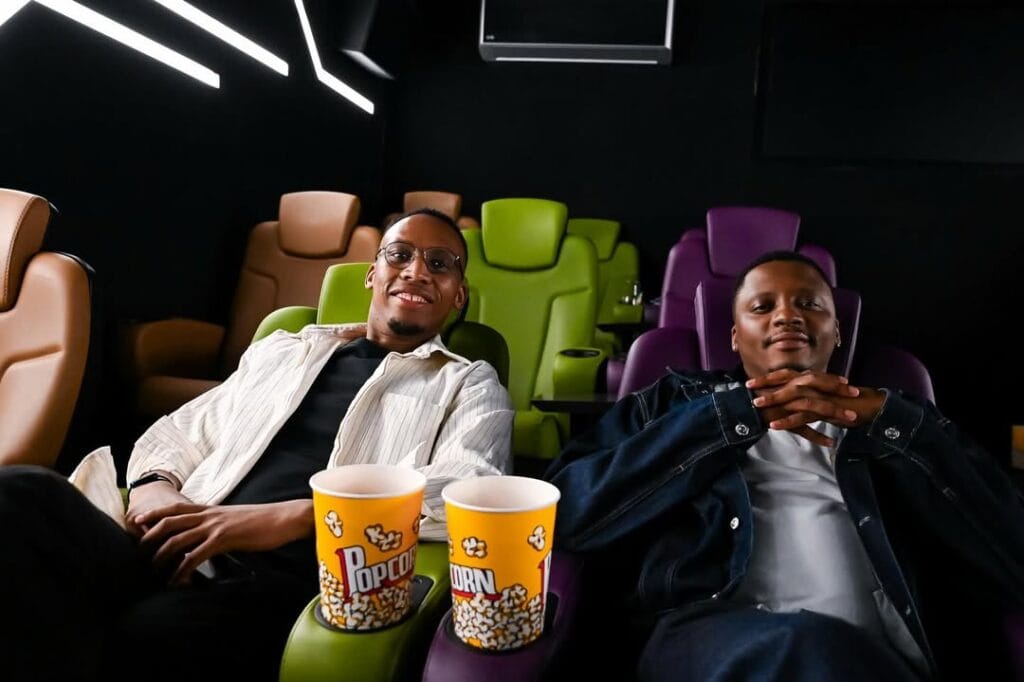
Each Trouble Film Club night has a moderator, someone who selects the film, frames its context, and then opens the room for conversation. On this evening it was Refiloe Ramogase. If you know TKZee, you know his work. As he stood up to address the
room, it became clear this wasn’t going to be a polite Q&A.
Ramogase gave context, then asked the kind of questions that cut right through you. He didn’t deliver answers, he stirred the room like a conductor teasing out a symphony.
What followed was electric: strangers and friends unpacking what they had just seen through the lens of their own Joburg lives. There was laughter, discomfort, sharp disagreement, and quiet nodding in the dark. It felt less like a screening and more like a modern version of the gatherings where artists, thinkers, and misfits used to argue their way into new ideas.
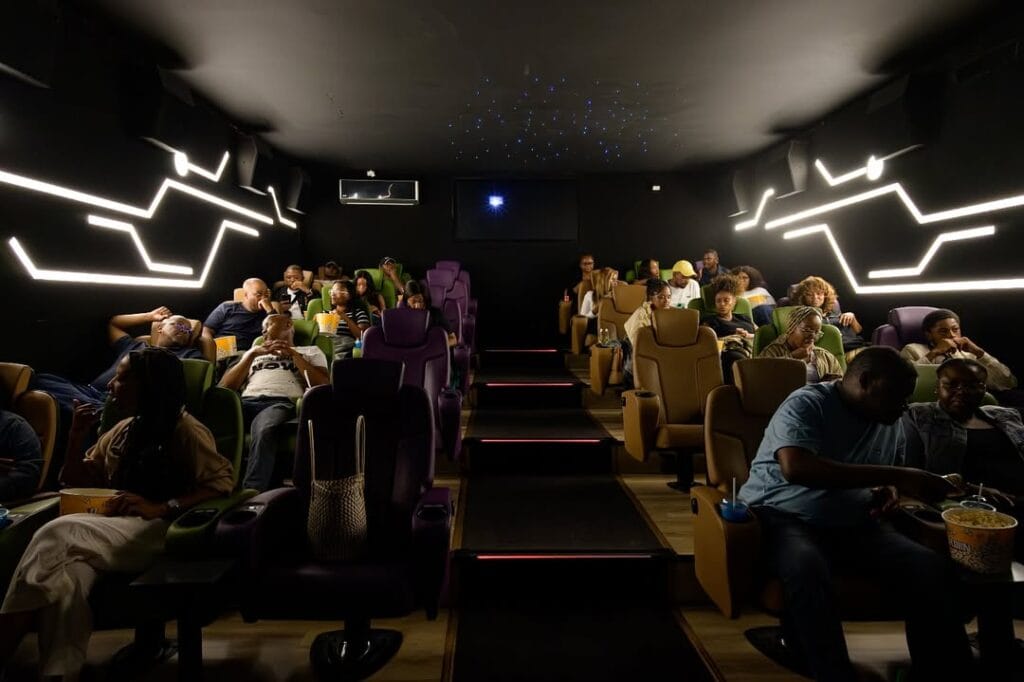
This is what makes Trouble Film Club feel urgent: it treats cinema not just as content to consume, but as a shared language to question the world we live in. In an age where films are streamed alone, often half-watched while scrolling on your phone, Trouble Film
Club insists on something slower, deeper, and most importantly communal.
It’s also deeply Johannesburg. The city thrives on conversation, sometimes heated, often hilarious, always layered. This film club captures that energy and distills it into two nights a month, in a venue that feels both secret and inevitable.
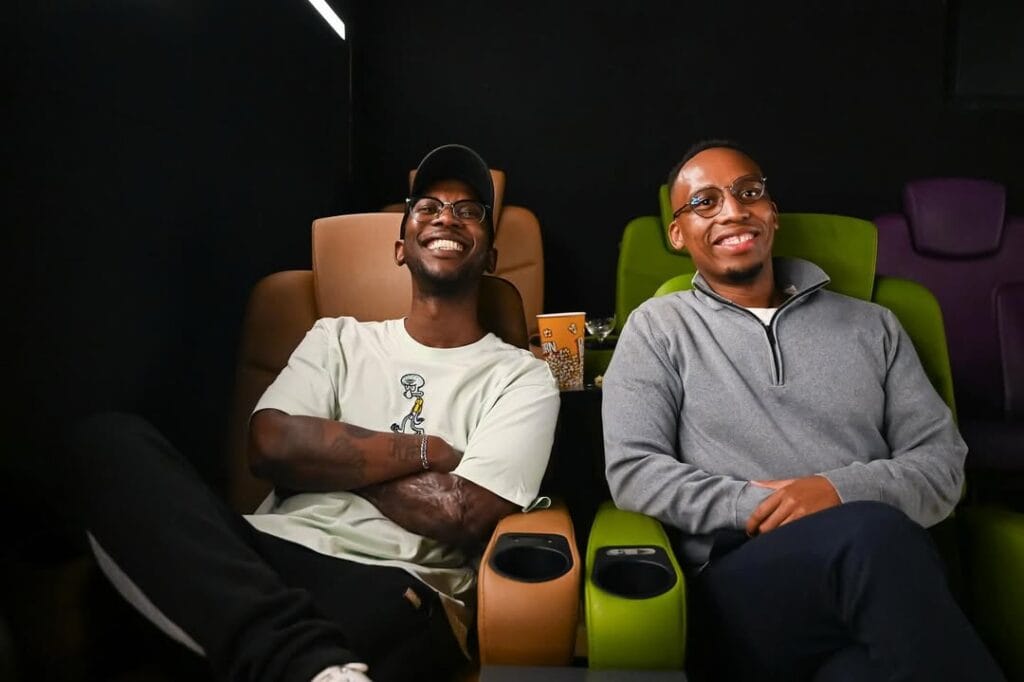
I left that night with a simple truth: I’ll be back. Trouble Film Club isn’t just about film. It’s about community. About finding yourself in a room full of strangers and realising you’re not alone in wrestling with the same questions. About remembering that cinema, at its
best, doesn’t just entertain, it provokes, it unsettles, it connects.
So here’s my advice: follow them on Instagram (@Troublefilmclub), set a reminder, and book your ticket early. Don’t arrive late like I did (though even that, in its own way, added to the drama). Come curious, come ready to argue, come ready to laugh. It’s the kind of
trouble you’ll want to find yourself in every month.
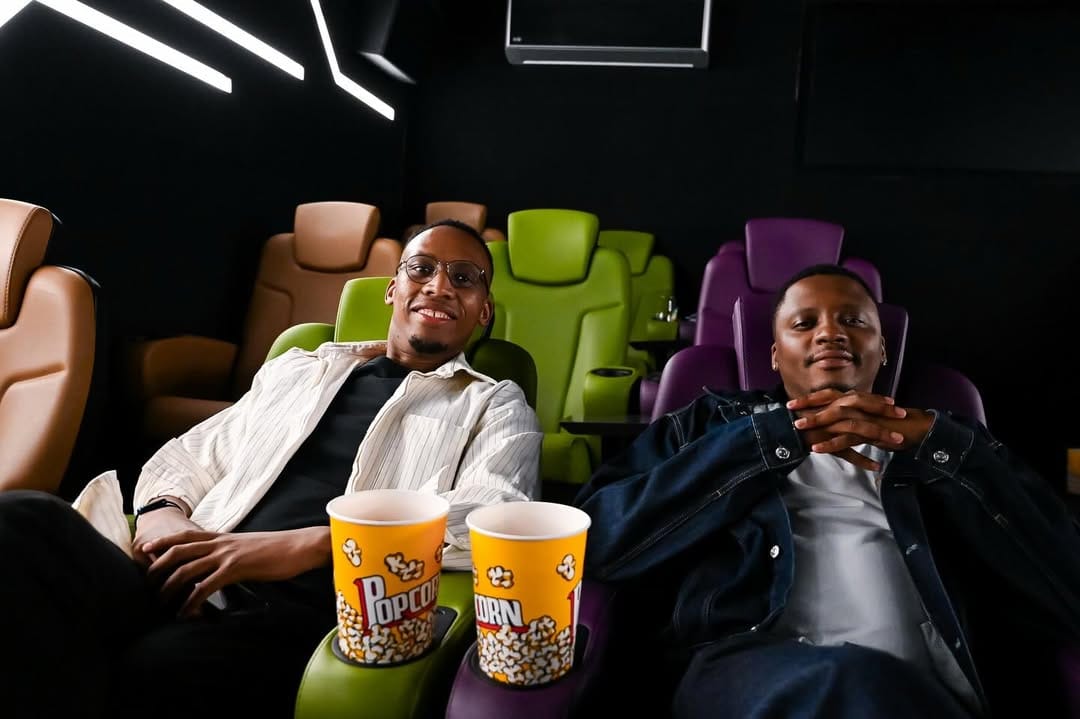


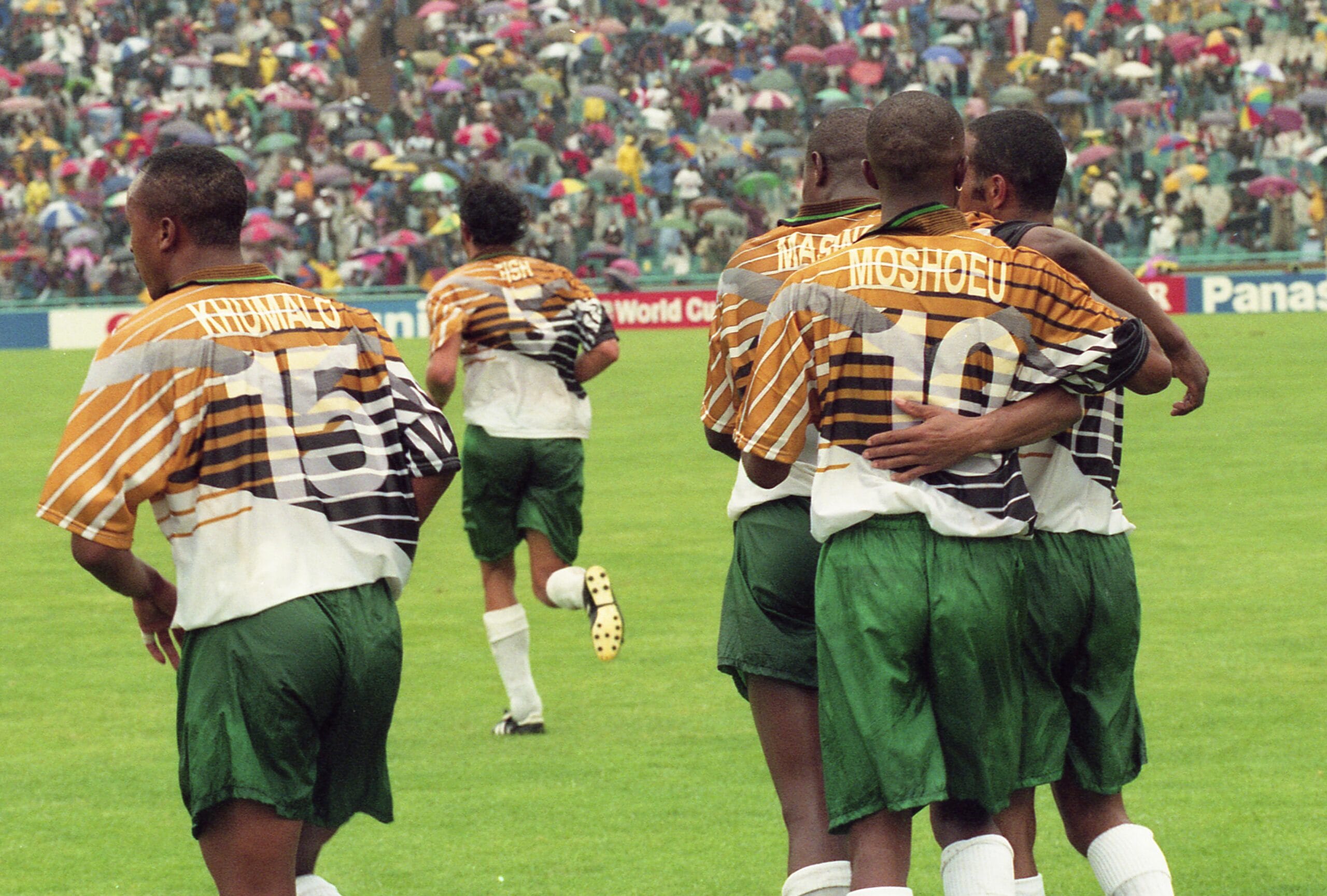


No Comments